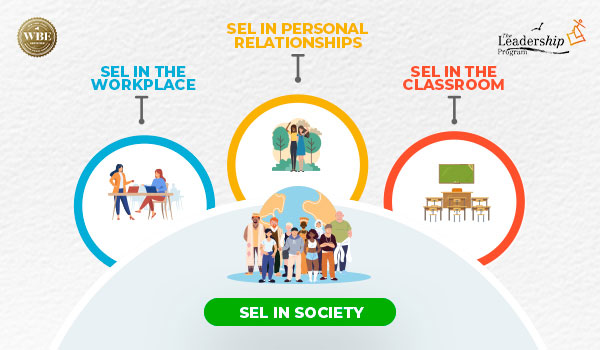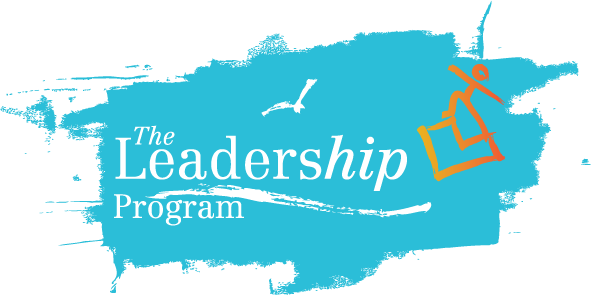Social Emotional Learning (SEL) is a crucial aspect of personal growth, success, and well-being, as well as building positive and supportive communities. The benefits of SEL in society are numerous, and they play an essential role in promoting a more inclusive, accepting, and harmonious society.
One of the most significant benefits of SEL is its ability to promote empathy and understanding between individuals and groups. By developing a better understanding of our own emotions and those of others, we can connect and relate to people from diverse backgrounds and perspectives. This can reduce prejudice, bias, and discrimination and create a more inclusive society.
Another key benefit of SEL is its ability to promote positive social behaviors while reducing negative ones. Individuals with strong SEL skills are more likely to exhibit kindness, compassion, and cooperation, while also being less likely to engage in negative behaviors like aggression or substance abuse. This can lead to a more peaceful and harmonious society where individuals feel valued and supported.
SEL also plays a critical role in promoting positive mental health outcomes. By developing skills such as self-awareness, stress management, and resilience, individuals can handle daily challenges and stressors better. This leads to reduced anxiety and depression and improved overall well-being.
Additionally, SEL can address social issues like poverty, inequality, and violence. By promoting empathy, communication, and conflict resolution skills, individuals can work together to create positive change in their communities. This leads to more equitable and just societies where everyone has the opportunity to thrive and succeed.
In conclusion, SEL plays a critical role in society by promoting empathy, understanding, positive social behaviors, mental health, and well-being. By addressing social issues and promoting positive change, SEL helps create a better world for everyone. It is a valuable investment in personal and societal growth and well-being.
Sources:
- Empathy and Understanding:
- Durlak, J. A., Weissberg, R. P., Dymnicki, A. B., Taylor, R. D., & Schellinger, K. B. (2011). The impact of enhancing students’ social and emotional learning: A meta-analysis of school-based universal interventions. Child Development, 82(1), 405-432. doi: 10.1111/j.1467-8624.2010.01564.x
- Roffey, S. (2012). Social and emotional learning and the development of empathy. Educational Psychology in Practice, 28(3), 263-280. doi: 10.1080/02667363.2012.684005
- Positive Social Behaviors:
- Catalano, R. F., Berglund, M. L., Ryan, J. A. M., Lonczak, H. S., & Hawkins, J. D. (2004). Positive youth development in the United States: Research findings on evaluations of positive youth development programs. Annals of the American Academy of Political and Social Science, 591(1), 98-124. doi: 10.1177/0002716203260102
- Durlak, J. A., Weissberg, R. P., & Pachan, M. (2010). A meta-analysis of after-school programs that seek to promote personal and social skills in children and adolescents. American Journal of Community Psychology, 45(3-4), 294-309. doi: 10.1007/s10464-010-9300-6
- Positive Mental Health Outcomes:
- Greenberg, M. T., Weissberg, R. P., O'Brien, M. U., Zins, J. E., Fredericks, L., Resnik, H., & Elias, M. J. (2003). Enhancing school-based prevention and youth development through coordinated social, emotional, and academic learning. American Psychologist, 58(6-7), 466-474. doi: 10.1037/0003-066x.58.6-7.466
- Hymel, S., Schonert-Reichl, K. A., Bonanno, R. A., Vaillancourt, T., & Rocke Henderson, N. (2020). SEL in Canada: Enhancing social, emotional, and cognitive development in Canadian schools. The Canadian Journal of School Psychology, 35(1), 6-22. doi: 10.1177/0829573519894328
- Addressing Social Issues:
- Elias, M. J., Zins, J. E., Weissberg, R. P., Frey, K. S., Greenberg, M. T., Haynes, N. M., ... & Shriver, T. P. (1997). Promoting social and emotional learning: Guidelines for educators. ASCD.
- Durlak, J. A., Domitrovich, C. E., Weissberg, R. P., & Gullotta, T. P. (2015). Handbook of social and emotional learning: Research and practice. Guilford Publications.





Comments [0]
Click here to read/write comments